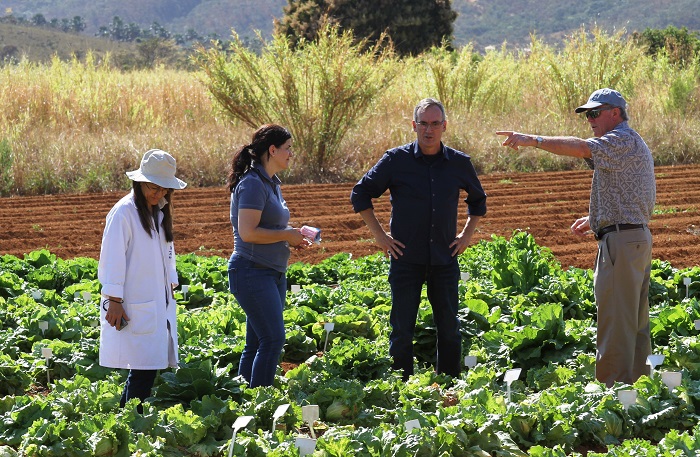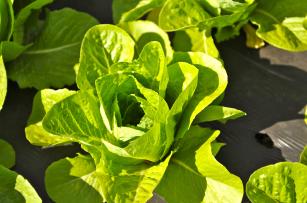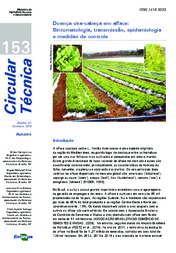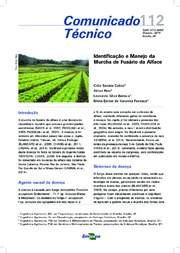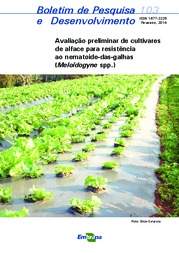Embrapa Vegetables studies partnership with institution responsible for sequencing lettuce genome
Embrapa Vegetables studies partnership with institution responsible for sequencing lettuce genome
The first version of the full lettuce genome was published at the beginning of the year by a team of scientists from the University of California Davis' Genome Center. The researcher who led the task, Dr. Richard Michelmore, was present at Embrapa Vegetables, last August 18 to discuss the possibility of intensifying joint work on genetics, genomics and lettuce breeding.
“Professor Michelmore has been one of the world's main players in the characterization of genes for resistance to different microorganisms that harm lettuce and affect other vegetables”, pinpoints the researcher Leonardo Boiteux, from the area of genetic improvement, who coordinated the technical visit.
He asserted that there are diseases that affect lettuce cropping all over the world, and now, with such common denominator, the aim is to establish a partnership between the institutions to find genes for resistance to the main fungi, viruses, and nematodes that attack the crop in Brazilian conditions. “We believe there is a great chance of developing joint studies, especially to overcome diseases like fusarium blight, spot wilt, root knot, and mildew”, the researcher lists.
In order to map the lettuce genome, one of the largest in the plant kingdom, the American group of researchers had to use pioneering and innovative analysis techniques, which generated information to inform breeding programs' search for molecular markers related to genes of interest for lettuce growing.
“Molecular markers represent important tools to help in the process of selecting a wide set of genetic traits that interest both the scientific community and lettuce growers and consumers”, Boiteux stresses as he details the traits that range from agronomic aspects, such as productivity and resistance to diseases, to issues concerning soil nutrients and functional compounds.
Dr. Michelmore was welcomed at Embrapa Vegetables by the researchers Leonardo Boiteux and Fábio Suinaga (genetics and breeding), Maria Esther Fonseca (genomic analysis), Ailton Reis (plant pathology), Mirtes Lima (virology), and the students Cleia Cabral (mycology) and Geane Fontes (virology).
Translation: Mariana Medeiros
Paula Rodrigues (MTB 61.403/SP)
Embrapa Vegetables
Press inquiries
hortalicas.imprensa@embrapa.br
Phone number: +55 61 3385.9109
Further information on the topic
Citizen Attention Service (SAC)
www.embrapa.br/contact-us/sac/

